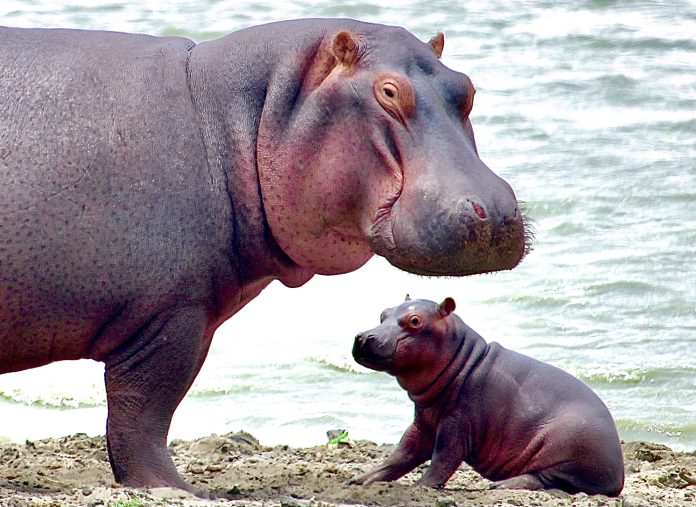
100 Hippos, Decedents Of Animals Owned By Pablo Escobar Are Recognized As Legal Persons For The First Time In U.S. History
You can help all animals and our planet by choosing compassion on your plate and in your glass. #GoVeg
RELATED ARTICLES
Banning Cruelty: New Legislation Aims To Ban Octopus Farming In The U.S.
New bipartisan legislation has just been introduced in the U.S. to ban commercial octopus farming and prohibit imports of farmed octopus from foreign countries.
The...
Outrage In Yellowstone! Grizzly Bear Killed By Wildlife Officials & Left With Head & Paws Cut Off
Photo by: Trisha McFarland / Cowboy State Daily
A photo of a dead grizzly bear with its head and paws cut off has caused an...
Inside Florida’s Illegal Horse Meat Trade: Undercover Footage Shows Racehorse Being Shot & Butchered
A heart-wrenching discovery of illegal horse slaughter has emerged, with video footage exposing the tragic killing of a racehorse named 'Funny Biz,' who was...
Popular stories
The Horse Transportation Safety Act Was Recently Reintroduced In The U.S. With 105 Bipartisan Co-Sponsors
The Horse Transportation Safety Act (HTSA) was recently reintroduced in the U.S. to ban the transportation of horses across state lines in double-decker trucks or trailers...
International News
Breaking! Qatar Airways Cargo Saves Wildlife With ‘WeQare’ Initiative By Flying Endangered Species Back To Their Natural Habitat
Qatar Airways Cargo announced today that it is launching Chapter 2 of ‘WeQare: Rewild the Planet.’ The cargo carrier is committed to preserving wildlife and...
Industry News
4 Suspected Rhino Poachers Arrested In Kruger National Park; A Total Of 11 Alleged Poachers Have Been Captured This Year
Four alleged rhino poachers were arrested in Kruger National Park this past weekend. This brings the total to 11 suspected poachers apprehended at different sections of...


